Overview
Flexible Spending Accounts (FSAs) are an employee benefit that allows you to set aside pre-tax dollars in a specific account for eligible health care or dependent care expenses. Your election amount is set aside in incremental amounts over the year on a pre-tax basis.
Two Types of Health FSAs
There are two types of Health FSAs:
- Regular Health FSA: Regular Health FSAs are for people who are covered under a High Deductible Health Plan and also make contributions to a Health Savings Account (HSA).
- Limited Purpose Health FSA: The Limited Purpose Health FSA is a special arrangement that preserves your ability to make concurrent contributions into an HSA and not have your FSA act as disqualifying coverage.
If you have a Limited Purpose Health FSA, you are only able to receive reimbursement for dental and vision expenses until you meet the yearly minimum deductible limit set forth by the IRS. After reaching this amount, you may convert your Limited Purpose FSA to a regular FSA. Going forward, expenses may be used for medical expenses as well. For more information on this option, please contact the Vita Concierge.
Eligible expenses include (but are not limited to) co-payments, prescriptions, co-insurance amounts, dental work (non-cosmetic), or contact lenses. For a more complete list of eligible expenses, you may refer to the Vita Flex Eligible Claims Guide. Some plans provide a debit card for such transactions, but you are always able to file claims online or via paper form. Even if a debit card is used, supporting documentation may still be requested. For examples and details about what is needed for supporting documentation, you may review the Vita Flex Health FSA Claims Guide.
Use it or Lose It
Health FSAs are generally known for their "use it or lose it" rule. After electing and participating in an FSA, if you are no longer benefits eligible or unable to use all of the funds by the end of the plan year, the remaining balance may be forfeited.
There are two main Health FSA setups. To check your plan's details (including deadlines and grace periods), please refer to your Plan Summary online.
Grace Period
If your plan has a grace period and is on a calendar year, then you have until March 15th of the following year to incur expenses. The deadline to submit claims may vary, so check your plan for details. Please note that if your plan includes a grace period, there is no option to roll over funds.
Non-Grace Period
If your plan is on a calendar year, then the deadline to incur expenses is December 31st. Plans with a non-grace period may offer a rollover option. With this provision, you may roll up to 20% of the IRS election maximum that remains in your plan year balance to the following plan year. When in place, the rollover will typically occur between April 15th and May 1.
Dependent Care FSA
A Dependent Care FSA allows an employee to be reimbursed for eligible dependent care expenses so that the employee and their spouse may be gainfully employed as defined by the IRS. Examples of gainful employment include working, looking for work, or attending school full time. Eligible expenses under a Dependent Care FSA may include daycare, tuition for pre-school, or nanny fees. Dependent Care expenses are reimbursement-only accounts. The amount of reimbursement available at any time will equal the amount of your year-to-date contributions less any reimbursements you have already received.
This benefit cannot be used toward health care expenses for a qualifying dependent. It is solely for custodial care of dependents. Unless the dependent is disabled or elderly (see plan details for more criteria), the account is only for the custodial care of children under the age of 13. For more information on eligible Dependent Care expenses, please view the Vita Flex Dependent Care FSA Claims Guide.
Should you lose benefits eligibility, Dependent Care expenses may still be incurred until the end of the plan year. Please see your Plan Description for more information relating to incurred expenses and claim submission deadlines.


